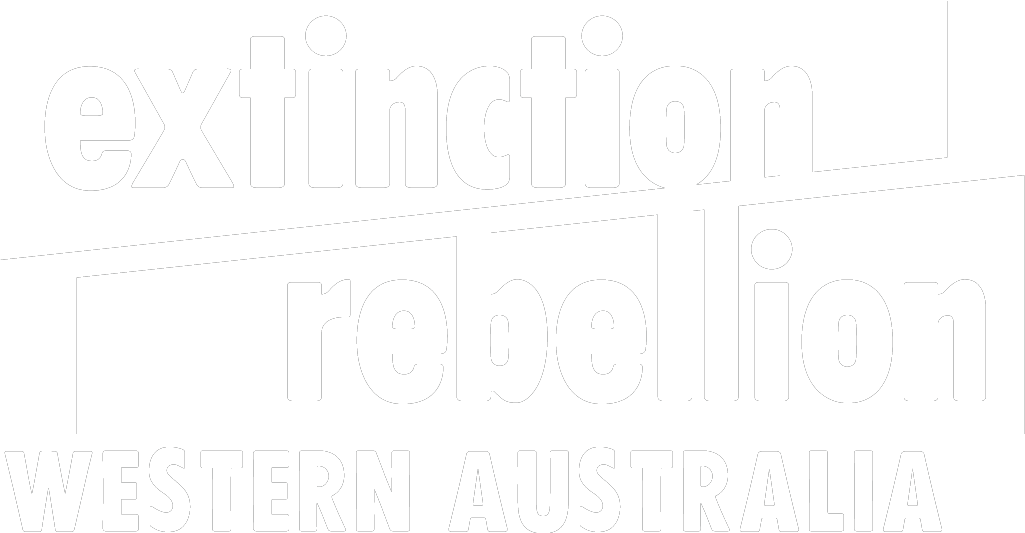The Great Barrier Reef has been left off the World Heritage Committee’s danger list due to immense push back from own government, but there’s still a chance to save this precious ecosystem!
Last week, the World Heritage Committee met to decide the fate of the Great Barrier Reef. UNESCO had previously recommended that the reef be put on the “in danger” list after extensive consideration of the extreme threat posed by climate change, the Australian government’s own reports about reef degradation, and their targets to improve water quality, including submissions about their central policy (i.e. the Reef 2050 plan).
“The IUCN’s Tim Badman and UNECSO’s Dr Fanny Douvere have stated that the reef was facing ‘ascertained danger’ and that it ‘unambiguously’ met the criteria for the committee’s danger list.” (The Guardian)

However, once UNESCO’s recommendation was published, Scott Morrison and Minister for the Environment, Sussan Ley began fiercely lobbying to keep the reef off this list. Ley even flew to Europe and the Middle East to garner support from oil rich nations like Saudi Arabia and Bahrain. Morrison and Ley claim that all this effort is due to Australia already doing a “good enough” job of maintaining the reef, but there seem to be much more sinister motives behind this forceful push back.
Firstly, Australia is notorious for being one of the leading exports of fossil fuels. And the countries targeted by Ley to gather support invest heavily in Australian fossil fuel imports. In fact, David Cazzulino, the Great Barrier Reef campaigner at the Australian Marine Conservation Society, said Australia was being forced “to find friends with other fossil fuel polluters” in order to delay action on climate change for as long as possible.

Secondly, Sussan Ley is currently in negotiations to approve a proposed new coalmine from mining magnate Clive Palmer that would be just 10km from the reef’s waters. An “in danger” status for the reef would put an end to this new fossil fuel development before it even begins. What’s more, there are currently an outrageous number of shipping lanes situated across the reef. And the global demand for coal, gas and minerals has led to rapid port expansion along the Reef’s coast with an increase in ship numbers calling into these ports expected to exceed 10,000 by 2032 (The Conversation).
Our ‘profits before people’ government would never have allowed a decision to pass that would mean such a huge hit to the fossil fuel coffers.
But we are currently on the brink of ecological collapse and the time to let politicians captured by the fossil fuel industry dictate our survival is long over.
It’s impossible to deny the science. As a PhD candidate at UWA studying oceanography and coral reef health, I’m faced with the truth every day. Our reefs are dying. And discussions about their collapse are less about “if” these days, than “when”. In fact, in my field, many of my colleagues are no longer even bothering to conduct research into how we can prevent the loss of our coral ecosystems. These days it’s all about how we can mitigate the worst of the damage. And how we may be able to rebuild certain species after extreme bleaching events have devastated entire communities.

But deep down, we all know this is not enough…
Coral reefs do so much for us. Far more than most of us realise. Reef ecosystems teem with diverse life. Thousands of species can be found living on one reef. The Great Barrier Reef contains over 400 coral species, 1,500 fish species, 4,000 mollusc species and six of the world’s seven sea turtle species. (Natural History Museum). However, they also protect coastal areas by reducing the power of waves hitting the coast and provide a crucial source of income for millions of people. Extracts from reef dwelling organisms have even been used to develop treatments for asthma, arthritis, cancer and heart disease.
We simply cannot allow the Great Barrier Reef to die. Not only because it would devastate our way of life, but because it’s morally incomprehensible. The Great Barrier reef is one of the 7 natural wonders of the world. It’s thousands of years old and home to thousands of unique and vital creatures that depend on it for survival. And if you’ve ever been lucky enough to snorkel or dive through the coral forests, you know how breathtakingly stunning it is. Future generations deserve to live on a planet with healthy reefs.
So what can you do to save our reef?

Join us on Saturday the 7th of August as we passionately protest the decision to leave the reef of the “in danger” list. The committee will be meeting again in 6 months to review their decision and as custodians of the reef, each and every one of us has the right and responsibility to do everything in our power to convince them to make the right choice.
Extinction Rebellion and a cohort of other WA activist groups will be joining together in Forrest Place next Saturday at 11am to march. We need to act now to push back against the efforts of our government and the fossil fuel industry. We need to convince them to tell the truth about the state of our reef and the truth behind their lobbying efforts. The Great Barrier Reef is part of what makes Australia so unique and beautiful. We cannot let it die.
Find out more by clicking on the event link below:
